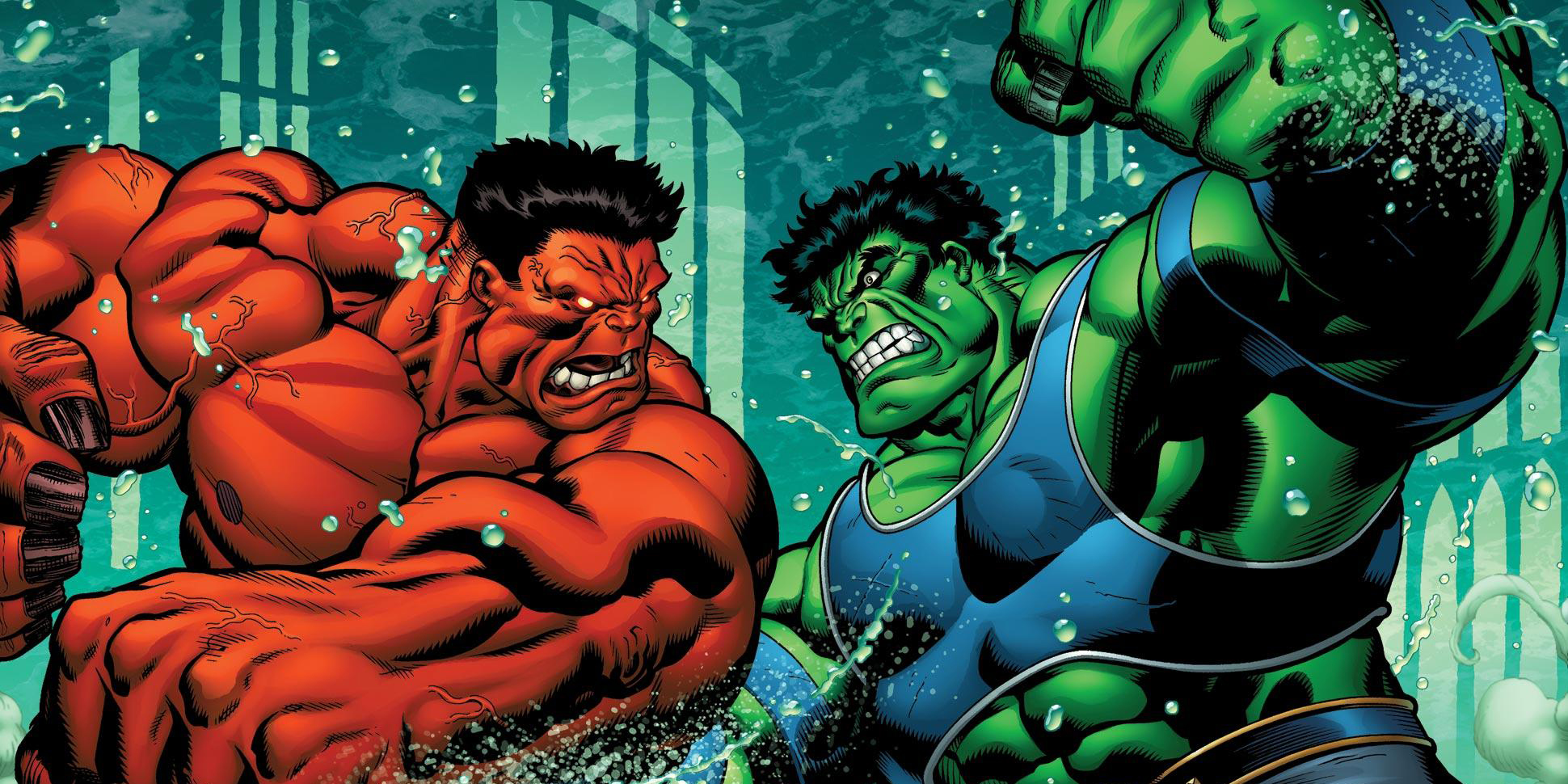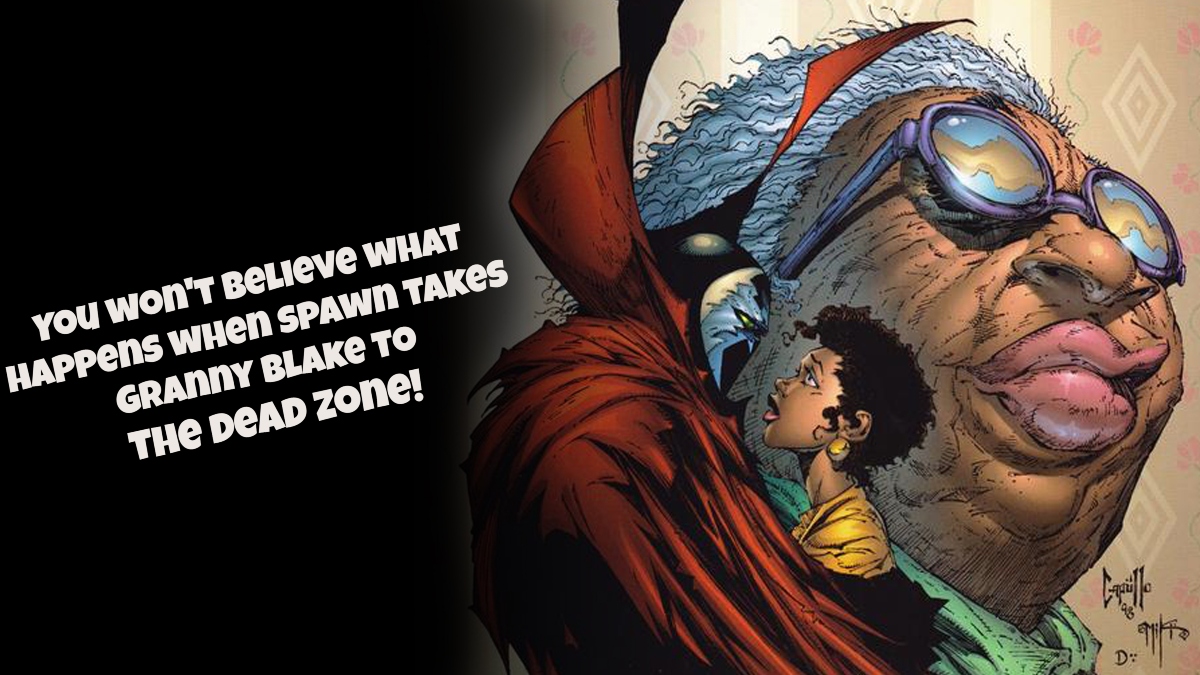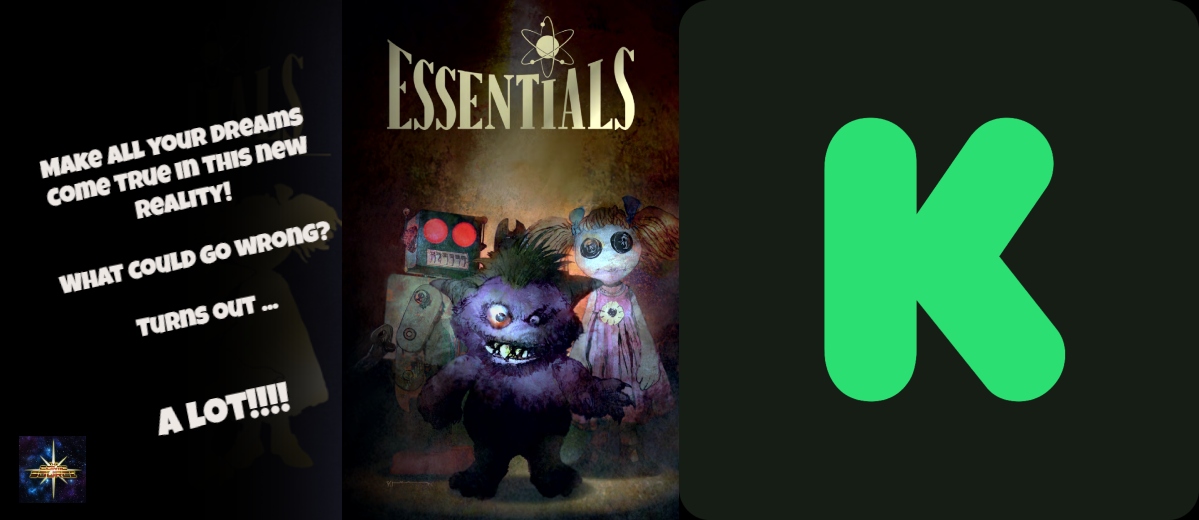![]()
The year 2016 is going to be in history as the most interesting and contentious year for politics.
MISS SLOANE has the perfect timing for release as the world starts to unwind from this turbulent year.
In this superb performance by Jessica Chastain, she plays a lobbyist who uses her intellect and wits to outmaneuver her political foes in the Capitol. This political thriller pits her against the gun lobby and her old firm as she assists an organization to push through new legislation.
The film also stars Alison Pill, Gugu Mbatha-Raw, John Lithgow, Michael Stuhlbarg and Mark Strong.
LRM had a sit-down interview early last month with director John Madden for this film. We discussed politics, the intriguing storyline with twists and turns, Chastain and more politics.
MISS SLOANE opens nationwide this Friday in theaters.
Read the interview transcript below.
LRM: We actually spoke on the phone a few months ago for THE SECOND BEST EXOTIC MARIGOLD HOTEL.
John Madden: Okay, okay.
LRM: I think you were in England at the time.
John Madden: Probably.
LRM: This movie MISS SLOANE is entirely different from that project. [Laughter]John Madden: I would definitely say so.
LRM: So what drew you into this particular project?
John Madden: Well, it’s a really interesting subject. It was a very strong script when I’ve first read it. We’ve been working a long time since. I come from a position in which you’re not particularly defined by a single genre. I just respond to material. It probably ends being a common element with the things I do…..it always end up about the character. In this piece, ostensibly it’s a political procedure, political process, very contentious issues and some policy debates. In the end, it’s about the character in this piece.
The chief thing about this film is that it’s just surprising. It’s surprising in concept. It’s surprising in execution. It’s surprising narratively. It felt very, very fresh of the whole approach to the film to me.
LRM: You said this is a character piece. Obviously, Elizabeth Sloane is a very, very complex character. How did you want to approach that? She could be conniving. She could be deceitful. She could be emotional.
John Madden: She is overall a strategist by reputation as we gathered pretty quickly. That’s the way on how the movie is set up. Her reputation proceeds her everywhere. Her reputation is being ruthless and very successful in persuading people towards her particular cause. That comes at a price in terms on who she is. A lot of people would question her ethics in the ways she goes about things. There were merciless ways in which she pursues certain things. The fact that taking prisoners isn’t even an option. There will be some collateral damage if they get in the way.
All of those things make her interesting. In one formulation, you could say she is the villain. In another formulation, she is the hero. It’s quite an interesting evolution that the character has. It goes back to the previous question—it’s the character makes the movie belong on the big screen, because it’s what happening to that person is the really interesting story.
It’s not something the you’ll expect. We’re so used to people who are one thing and stay at that one thing. They are heroes and will always be heroes. This character has the evolution within the movie that is pretty interesting. It’s all unpredictable and unexpected.
I like characters who aren’t easily definable. I like movies that aren’t easily definable. I think this film has a lot of things going on at once.
LRM: One of the great things about this film is that you put the female characters up to the forefront. It’s not just Jessica Chastain’s character, but also Gugu Mbatha-Raw’s character and Alison Pill’s character. They all play a pivotal role. The men, on the other hand, are playing villains are supporting roles.
John Madden: Yes, antagonistic roles. It’s referenced in way to ENTS rather than ENCE for the way the characters behave. Somebody asked me the other day on whether it’s a feminist movie. I don’t consider it a feminist movie in a sense that it has particular axe to grind about the role of women in modern society. It so happens the key players are women in this.
It’s enormously refreshing. It’s no accident in terms on what we were trying to do. It’s not a feminist diatribe. Sloane, as a woman, is not the crucial factor in the way she behaves. It’s not on how she wins things. She doesn’t use her feminine wilds to get her way.
She uses her ability to play different roles to get her way. That has something to do with the role of being a strategist. So it’s immensely refreshing. I don’t want to say it’s not part of the takeaway, but I do hope it’s part of the takeaway in this film.
We are dealing with empowered women in this situation. But, not in ways towards easy stereotypes. Let’s say that none of these women are characterizes by their relationships with men or even with their romantic inclinations or anything else women are usually assigned to in a movie.
Strangely, if you take all of those three women and change their genders, they wouldn’t seem so unusual.
LRM: That’s true. That’s true.
John Madden: It’s all the part of the freshness of the material.
LRM: Why do you suppose Jessica Chastain is the perfect actress to play this complex role?
John Madden: I worked with Jessica before, so I know what she is capable of. I think she is in that A-league of actors. She brings a lot of unparrallel set of skills to articulate complex things thematically and emotionally. Jessica combines both ends of the spectrum. She has this innate fragility to her. When you meet her in person, she’s extremely accessible, but in stature—she’s quite small and delicate. She has the ability to convey vulnerabilities and at the same time with intellectual ferocity. She also has this tremendously commanding presence on the screen.
It’s quite something to watch her in this role on how she does that. It’s the fact on how she can convey the contrast between the two. It’s what has given this movie its proper depth.
It’s a simple thing that she is such a virtuoso. She can act with the verbal dexterity that this part desires. She speaks incredibly fast. She thinks incredibly fast. She has very, very, very long speeches to say sometimes. [Laughter]
LRM: Yes, she does.
John Madden: She’s amazing at modulation and color. There’s not a moment in which you’re twiddling your thumbs and thought, “Boy, there are a lot of words in this movie.†You don’t think that by watching it. It’s just an exhilarating watch. That’s a skill of it all on its own.
LRM: Political movies are very challenging films to make especially with the given audience and especially with given this year. A lot of people tend to be very cynical. How did you want approach towards the political jargon and unknown lobbyist culture towards this type of movie?
John Madden: I’m drawn to that kind of movie. ALL THE PRESIDENT’S MEN still remains as one of the key films in my growing up in this industry. I am aware that the eyes can glaze over fairly quickly, particularly if the jargon is abstruse.
I like films that give you a view through a keyhole. This film is effective in doing that. The main answer to your question is that it’s not cast as a political drama. It’s a political thriller as the way I saw it even though it was not initially described as that. I’ve constructed it that way. It offers the pleasures you don’t quite expect from this film. It’s the pleasures of frequently being upended. For some reason, it’s a pleasurable experience in a movie.
I think it’s an incredibly good ride. It’s a very good narrative. You will have the engagement with the ideas and the themes. The politics are mediated through a completely irresistible story that you can’t stop watching. I’ve been told many times on the feeling of holding their breathe throughout the many times in the film. They don’t feel like they’re exhaling until the very, very end of it.
So that’s one way of getting under the radar. I certainly hope, through the word of mouth, that people will recommend it and say, “I’m not going to reveal anything. You’ll just have to go and see it.†It’s a way for outflanking the political fatigue. We found ourselves completely saturated with it. We end up watching CNN for an hour and a half still even more frustrated at the end of it.
Obviously, we are going right smack into the middle of that environment. But, I think it stands apart from it. It teases on something human out of the middle of that process. As well as offering new things that turned out to be incredibly timely. We thought it had to be the debate of the film. Actually, it turns out, that it’s the political process turning up at the moment.
And another thing that’s also smack in the center of our film as well, which is the whole idea of gender. It’s the whole idea on the way women are viewed in politics.
I just set on telling the story properly. It’s a complex story. It’s a riveting and exciting story. My job is not to offer a polemic on anything. There will be plenty to think about and talk about in the film once it’s over. I don’t think of ways on how to make it interesting towards an audience who might already be bored. Hopefully, you’re not asking that two minutes after the film after being engaged.
LRM: I used to work in politics. I completely understand.
John Madden: Oh, okay.
LRM: I do want to know the political subject itself of gun control. You could’ve easily done GMOs or the environment. Gun control is a very controversial subject. Does it help? Will it start more discussions on the film?
John Madden: The film isn’t quite out yet, so it hasn’t found a level playing film. It’s a provocative subject. It’s a divisive subject. It encourages a debate in which involves very passionate-held views. It’s bound to become part of the issue. I trust the movie is not a polemic on that issue. The subject is much more on the political process.
So if we look at polls, in which we should look at with some suspicion, the issue with the regulation of the sales of firearms isn’t tend to be a contentious one. We’re not talking about the Constitutional right or Constitutional guarantee, but over the issue of keeping weapons out of the hands of people who shouldn’t really have them. This doesn’t seem to me should be a contentious issue.
The majority of public opinion is in favor of that. Legislatively, it never comes to pass. That paradox is the domain of the film. It’s asking questions about that.
Strangely, it’s not the dominant issue of the film. It’s not people will come away initially talking about. It’ll be the other things we’ve discussing about in my brief experience talking to an audience who saw the movie.
[Gun control] is partly discussed as an agenda due to what’s going on right now. God forbids that an event should make it climb up the agenda again, because one doesn’t want to see anymore carnage. That issue will never go away.I’m not abashed about it being part of the argument. They’ll always be that assumption if Hollywood is going to make this movie—it’ll have a certain kind of view.
LRM: Yes, indeed.
John Madden: Johnny [Perera] and I were both careful on looking at both sides to that argument. The reason on why we chose it, because it drives the stake up. End of story. Of course, it does.
Even if we did the climate change, in which I’m a passionate believer in, it’s a hard one to dramatize it in the same way.
LRM: I do want to wrap this up. I do want to know on which do you like more—American politics or British politics?
John Madden: Forsome reason, I’ve always been fascinated with American politics. I like the obtrusiveness of the system. The legislative and executive divisions are what I find fascinating. I like the possibility of political engagement. I find it that here people are HUGELY engaged over the issue of races. It’s not necessarily a good thing in politics. But, boy, they’re motivating.
I’ve always considered myself a political animal in a sense I’m always interested in it. I tend to like to watch and read material about it.
We are reeling from our own political revolution in our own political identity in my country, in which I hugely lament. I’m so disaffected at the present. I supposed we just been through a convulsion that reveals a difference in opinion that America has been taking for granted. Half of the country always prefer this argument while that other prefer that.
Britain lived in this illusion that we weren’t like that. It’s the post-war consensus that we are all in the trenches together. We’re all British under the skin. We’re all decent. We all believe we want the same things.
It’s no longer the case. One half the country feels like they’re being ignored and being left behind. Sound familiar?
So I don’t really know how to answer that today. I used to live in America. I’m fascinated by American politics, but part of my motivation is to understand on how this issue works. We’re just baffled by it on the other side of the ocean. Bafflement leads to curiosity. Curiosity leads to motivating factor in making a film.
MISS SLOANE opens nationwide this Friday in theaters.





